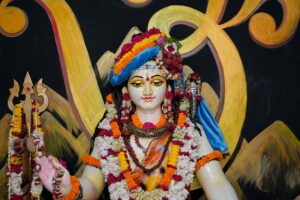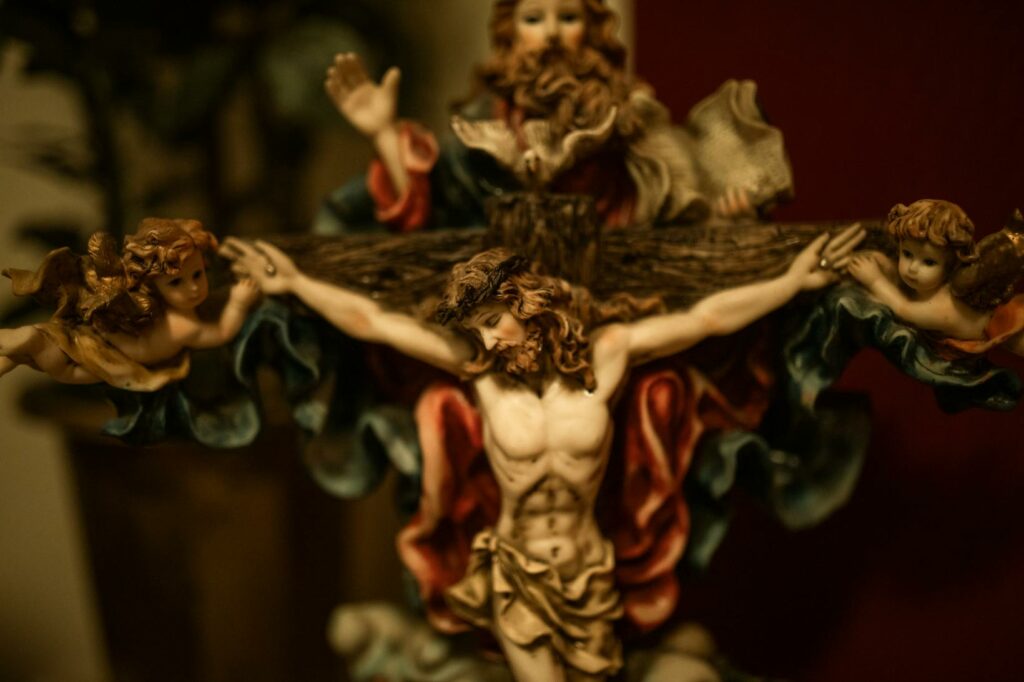Exploring the intricate tapestry of beliefs and narratives that have shaped human civilization, “A History of God” delves into the evolution of religious thought across cultures and centuries. From ancient mythologies to organized religions, the concept of a divine being has woven its way through the fabric of society, influencing traditions, philosophies, and worldviews. By tracing the origins and transformations of the divine, this article unveils the profound impact of humanity’s search for meaning and connection with the divine.
A History Of God
Exploring the evolution of religious thought throughout human civilization, “A History of God” delves into ancient mythologies and organized religions. Highlighting the profound impact of humanity’s quest for meaning and connection with the divine, it discusses how the concept of a divine being has influenced traditions, philosophies, and worldviews.
 Main Concepts Explored
Main Concepts Explored
The article “A History of God” delves into the evolution of religious thought throughout human civilization, tracing the shift from ancient mythologies to organized religions. It explores how the concept of a divine being has shaped traditions, philosophies, and worldviews, highlighting the profound impact of humanity’s search for meaning and connection with the divine.
Evolution of Monotheistic Beliefs
Exploring the trajectory of monotheistic beliefs, the article delves into the transition from polytheistic to monotheistic worldviews. It examines how monotheism emerged as a significant development in human religious consciousness, influencing major faiths such as Judaism, Christianity, and Islam. The evolution of monotheism is portrayed as a pivotal shift in religious history, reshaping perspectives on deity and worship.
Impact of Polytheism
Analyzing the impact of polytheism on religious practices and cultural beliefs, the article sheds light on the significance of diverse pantheons and mythologies. It elucidates how polytheistic societies incorporated multiple gods and goddesses into their spiritual frameworks, influencing rituals, customs, and societal structures. The enduring legacy of polytheism is explored as a testament to the rich tapestry of human religious expression throughout history.
Notable Historical Figures Discussed
Exploring the historical narrative of divinity evolution, “A History of God” sheds light on key figures who played pivotal roles in shaping religious ideologies across civilizations. From ancient mythologies to present-day organized religions, these influential personalities have left an indelible mark on human spirituality. Delving into the rich tapestry of religious thought, the text examines the contributions of renowned figures such as:
- Abraham: Considered the father of monotheism, he laid the foundation for the Abrahamic faiths of Judaism, Christianity, and Islam.

- Moses: Revered for leading the Israelites out of Egypt and receiving the Ten Commandments, shaping Judeo-Christian beliefs.
- Jesus Christ: Central figure in Christianity, his teachings on love, compassion, and redemption have profoundly impacted Western civilization.
- Muhammad: The final prophet in Islam, his revelations and message form the basis of the Quran and Islamic faith.
- Constantine the Great: The first Roman emperor to convert to Christianity, his endorsement transformed the religion’s status in the Roman Empire.
- Martin Luther: A key figure in the Protestant Reformation, his challenges to the Catholic Church led to the establishment of Protestantism.
These historical figures exemplify the diverse paths that human spirituality has traversed, leaving an enduring legacy that continues to shape religious practices and beliefs worldwide.
Comparing Religions within the Context
Exploring the evolution of religious thought across civilizations, the “A History of God” article highlights the transition from ancient mythologies to structured religions. Delving into the influence of the divine concept on traditions and worldviews, it underscores humanity’s eternal quest for deeper meaning and spiritual connection. The shift from polytheistic to monotheistic beliefs, particularly in Judaism, Christianity, and Islam, is a central theme, showcasing how monotheism reshaped major faiths.
 Examining the significance of polytheism on religious practices and cultural norms, the article underscores the diverse pantheons and mythologies that have left indelible imprints on societal structures. From ancient mythologies to contemporary organized religions, influential figures like Abraham, Moses, Jesus Christ, Muhammad, Constantine the Great, and Martin Luther have been instrumental in shaping monotheistic faiths. Their contributions have forged distinct paths in human spirituality, impacting religious beliefs globally.
Examining the significance of polytheism on religious practices and cultural norms, the article underscores the diverse pantheons and mythologies that have left indelible imprints on societal structures. From ancient mythologies to contemporary organized religions, influential figures like Abraham, Moses, Jesus Christ, Muhammad, Constantine the Great, and Martin Luther have been instrumental in shaping monotheistic faiths. Their contributions have forged distinct paths in human spirituality, impacting religious beliefs globally.
Transitioning from a multitude of divine beings to a single omnipotent entity marks a fundamental shift in religious paradigms, with monotheism shaping the core tenets of Judaism, Christianity, and Islam. The contrast between polytheistic practices steeped in varied mythologies and monotheistic doctrines centered on singular divine entities underscores the evolution of religious philosophies.
Comparing the rituals, customs, and beliefs across polytheistic and monotheistic frameworks illuminates the diverse spiritual landscapes that have guided civilizations throughout history. The interplay between these religious systems underscores the multifaceted nature of human spirituality, reflecting the rich tapestry of beliefs that have shaped societies over millennia.



